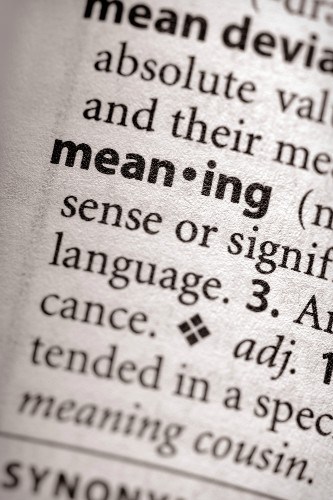About The Word Ion

Learn about the word Ion to help solve your crossword puzzle. Discover Ion definitions and meaning, origins, synonyms, related terms and more at the free Crossword Dictionary.
Ion

| Ion Definition And Meaning |
|---|
What's The Definition Of Ion?
[n] a particle that is electrically charged (positive or negative); an atom or molecule or group that has lost or gained one or more electrons
Synonyms | Synonyms for Ion: Related Terms | Find terms related to Ion: acid | acidity | agent | alkali | alkalinity | alloisomer | anion | antacid | atom | atomic model | base | biochemical | cation | chemical | chemical element | chromoisomer | compound | copolymer | dimer | electrocoating | electroetching | electrogalvanization | electrogilding | electrograving | electrolysis | electrolyte | electron | electroplating | element | galvanization | heavy chemicals | high polymer | homopolymer | hydracid | inorganic chemical | ionization | ionogen | isomer | macromolecule | meson | metamer | molecule | monad | monomer | neutralizer | nonacid | nonelectrolyte | nuclear atom | nuclear particle | nuclide | organic chemical | oxyacid | planetary shell | polymer | proton | pseudoisomer | quark | radical | reagent | shell | subshell | sulfacid | tagged atom | tracer | tracer atom | trimer | valence shell See Also | anion | cation | particle Ion In Webster's Dictionary \-ion\ (?; 106). [L. -io, acc. -ionem: cf. F. -ion.]
A noun suffix denoting act, process, result of an act or a
process, thing acted upon, state, or condition; as,
revolution, the act or process of revolving; construction,
the act or process of constructing; a thing constructed;
dominion, territory ruled over; subjection, state of being
subject; dejection; abstraction.
\I"on\, n. [Gr. ?, neut, of ?, p. pr. of ? to go.] (Elec. Chem.) One of the elements which appear at the respective poles when a body is subjected to electro-chemical decomposition. Cf. {Anion}, {Cation}. \I"on\, n. 1. One of the electrified particles into which, according to the electrolytic dissociation theory, the molecules of electrolytes are divided by water and other solvents. An ion consists of one or more atoms and carries a unit charge of electricity, 3.4 x 10^{-10} electrostatic units, or a multiple of this. Those which are positively electrified (hydrogen and the metals) are called {cations}; negative ions (hydroxyl and acidic atoms or groups) are called {anions}. Note: Thus, hydrochloric acid ({HCl}) dissociates, in aqueous solution, into the hydrogen ion, H^{+}, and the chlorine ion, Cl^{-}; ferric nitrate, {Fe(NO3)3}, yields the ferric ion, Fe^{+++}, and nitrate ions, NO3^{-}, NO3^{-}, NO3^{-}. When a solution containing ions is made part of an electric circuit, the cations move toward the cathode, the anions toward the anode. This movement is called migration, and the velocity of it differs for different kinds of ions. If the electromotive force is sufficient, electrolysis ensues: cations give up their charge at the cathode and separate in metallic form or decompose water, forming hydrogen and alkali; similarly, at the anode the element of the anion separates, or the metal of the anode is dissolved, or decomposition occurs. 2. One of the small electrified particles into which the molecules of a gas are broken up under the action of the electric current, of ultraviolet and certain other rays, and of high temperatures. To the properties and behavior of ions the phenomena of the electric discharge through rarefied gases and many other important effects are ascribed. At low pressures the negative ions appear to be electrons; the positive ions, atoms minus an electron. At ordinary pressures each ion seems to include also a number of attached molecules. Ions may be formed in a gas in various ways. |
More Crossword Puzzle Words
A | B | C | D | E | F | G | H | I | J | K | L | M | N | O | P | Q | R | S | T | U | V | W | X | Y | Z
Cross Word Of The Day
- Atomic reactor ‐ a nuclear reactor that uses controlled nuclear fission to generate…
- Purplish pink ‐ a purplish pink dye was discovered in 1859, the year a battle…
- Cotyloidal ‐ of the cup-shaped socket that receives the head of the thigh…
- Bonk ‐ hit hard [v] have sexual intercourse with; "This student sleeps…
- Thomas j. hanks ‐ United States film actor…
- Consumer finance company ‐ a finance company that makes loans to people who have trouble…
- Empetraceae ‐ heathlike shrubs
- Dance ‐ taking a series of rhythmical steps (and movements) in time to…
- Writhed ‐ twisted (especially as in pain or struggle); "his mad contorted…
- Point in time ‐ a very short period of time; "at that point I had…